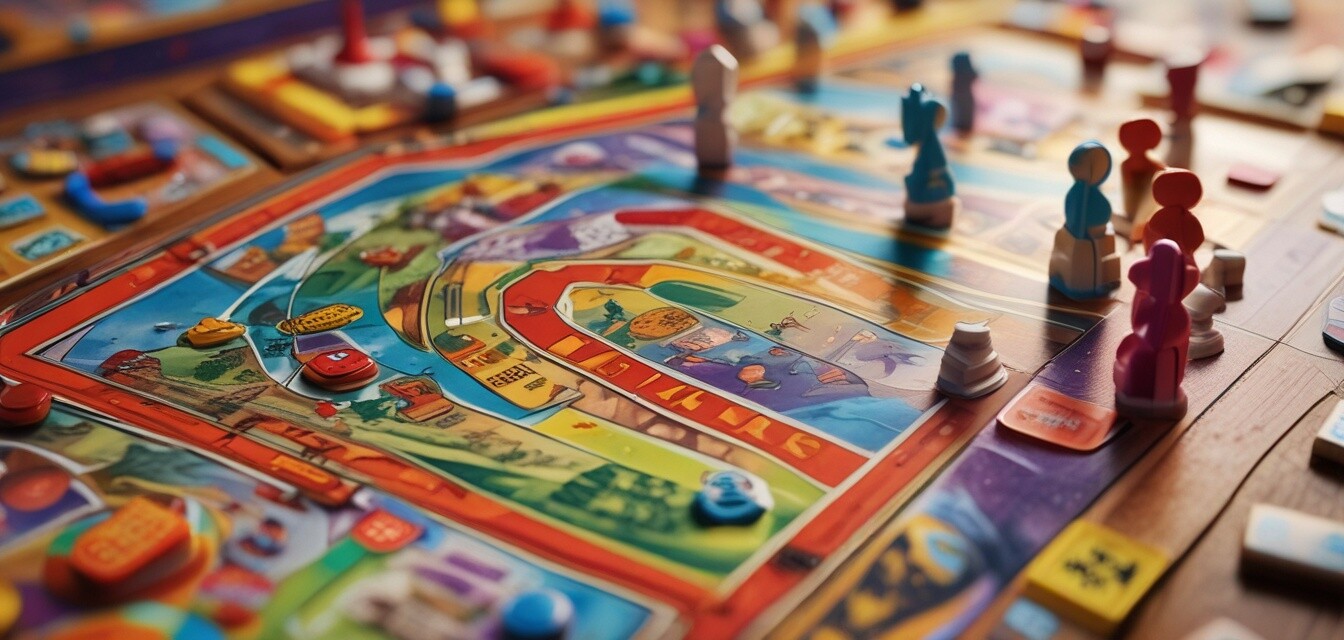
Top Fun and Educational Board Games for Kids
Key Takeaways
- Board games enhance critical thinking and problem-solving skills.
- They promote social interaction among family members.
- Many games are designed to teach specific subjects like math, reading, and science.
- Choosing the right age-appropriate game maximizes engagement.
Choosing the right board games for kids can be a delightful yet challenging task. With an abundance of options available, it is vital to select games that not only entertain but also educate. In this article, we explore some of the best fun and educational board games for kids that promote learning while fostering interaction within the family.
Why Board Games Are Beneficial for Kids
Board games serve multiple purposes in a child's development. They can help improve cognitive skills, boost creativity, enhance communication, and encourage teamwork. Here are some key benefits:
- Critical Thinking: Games often require players to strategize and think ahead.
- Social Skills: Playing with others helps children develop communication and team-building skills.
- Emotional Development: Board games teach patience, fairness, and the ability to handle wins and losses gracefully.
Top Fun and Educational Board Games for Kids
| Game Name | Age Range | Learning Focus | Number of Players |
|---|---|---|---|
| Scrabble Junior | 5+ | Spelling, Vocabulary | 2-4 |
| Rush Hour | 8+ | Logic, Problem Solving | 1+ |
| Math Dice Jr. | 6+ | Math Skills | 1+ |
| Ticket to Ride: First Journey | 6+ | Geography, Strategy | 2-4 |
| Sleeping Queens | 8+ | Basic Math, Critical Thinking | 2-5 |
Family Engagement Through Board Games
Selecting the right board game is essential for fostering family involvement. Games that are age-appropriate allow everyone to participate without feeling overwhelmed. Consider the following tips when choosing a game:
Tips for Choosing the Right Board Games
- Assess the age range of your child; ensure the game is suitable for their developmental level.
- Consider interests; choose games that align with your child's hobbies or passions.
- Look for multi-player options for engaging family fun.
- Read reviews or recommendations to understand what works best for educational efforts.
Perfect Games for Different Learning Styles
Different kids have different learning styles, and board games can appeal to various preferences:
- Visual Learners: Games with colorful boards and graphics can capture their attention.
- Auditory Learners: Games that involve storytelling or reading aloud work excellently.
- Kinaesthetic Learners: Use games that involve physical actions or moving pieces to keep them engaged.
Conclusion
Board games are more than just a source of entertainment; they are tools for learning and development. By selecting the right games for your child, you can instill valuable lessons in an enjoyable setting. For a wider range of gaming options, check out our Kids' Educational Electronics, where fun meets learning.
Pros
- Fosters creativity and imagination.
- Builds social connections.
- Encourages cooperative gameplay.
Cons
- Some games can be time-consuming.
- Not all games may suit every child's interests.
For more comparisons and insights, don't forget to visit our Product Comparisons section, designed to help you make the best choices for gaming and kids' electronics.